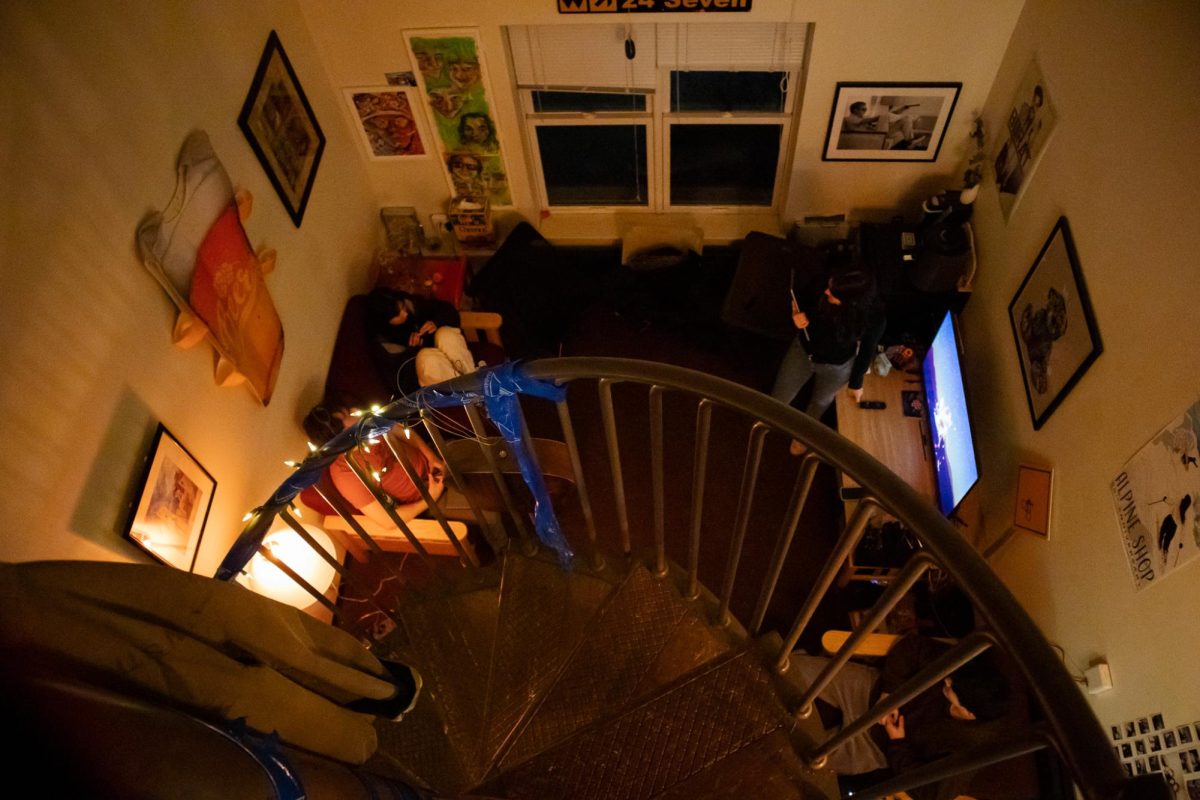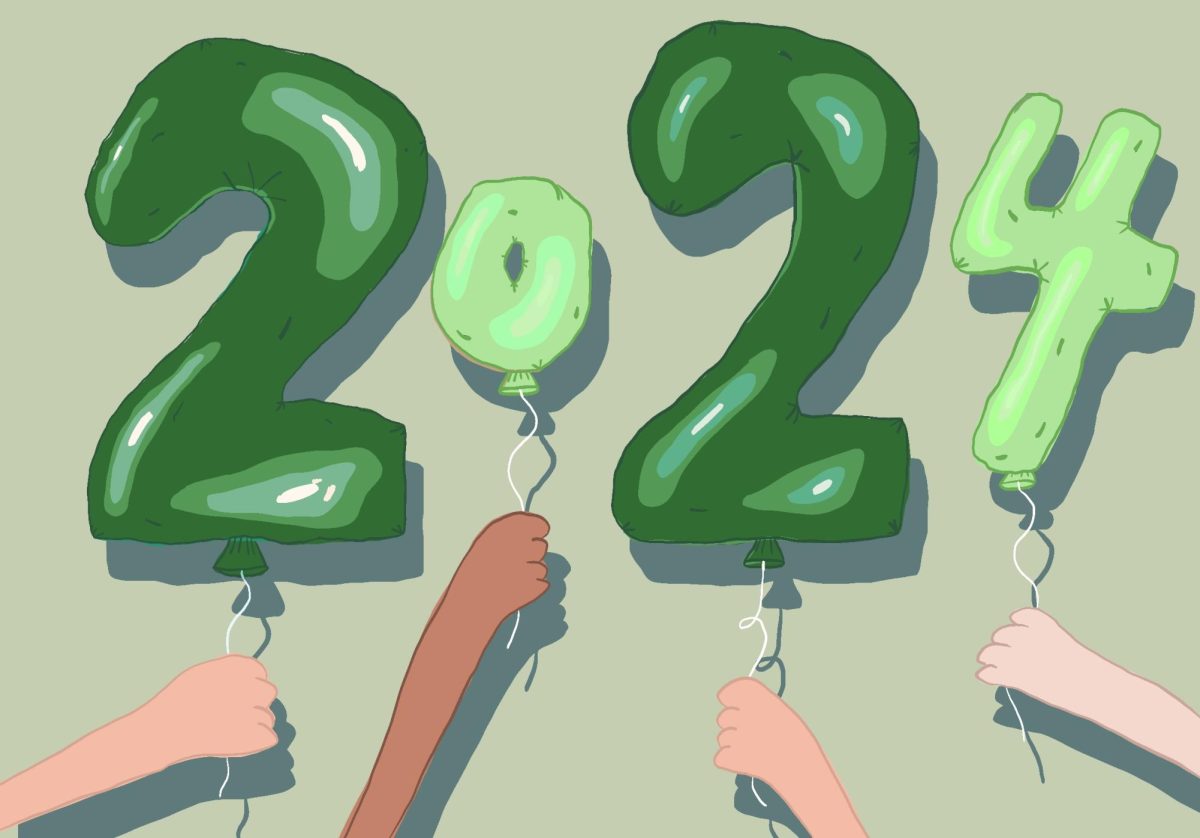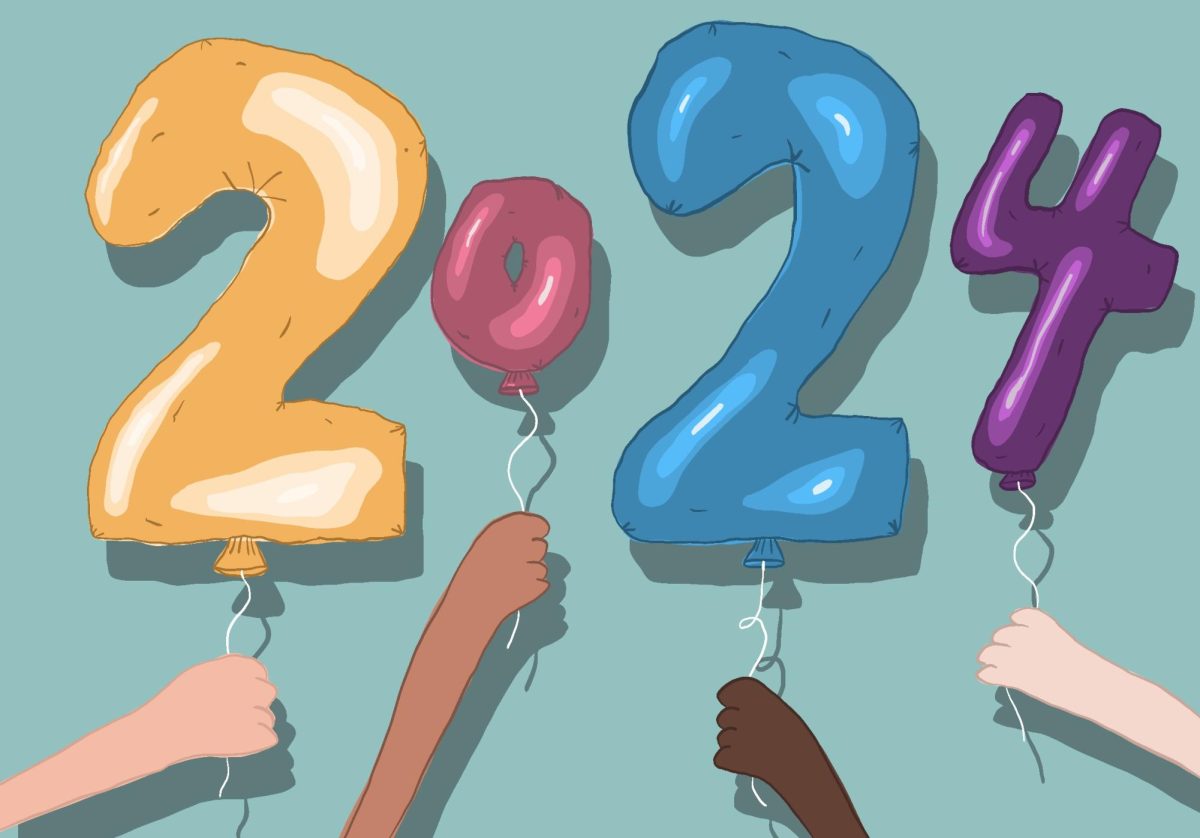Not long ago the President of this university asked me if I had ever thought about changing the name of The Vermont Cynic; according to him a cynic has a very negative connotation. This caught me off guard; I had yet to think of what a cynic truly was and how cynicism affects the overall connotation of this newspaper.
My response was that The Vermont Cynic has been around since 1883 and that there is too much tradition behind the name to do away with it. As the words came out of my mouth I realized that they were more or less BS, since I have never been one to believe that tradition for the sake of tradition is a virtue; for it has been and continues to be a very regressive force in society.
So what is it to be a Cynic? Without being boring and too academic, the first Cynic’s were a school of Greek philosophy established around 400 BC; like Socrates they believed in moderation of self-denial and self-interest.
The Cynic’s were the first utilitarians believing that the greatest virtue was the greatest good. They strove to live virtuous lives, true idealists in the way they believed life should be lived, yet realists in their perception of it. Their cynicism came from the vast difference between the real and their ideal.
Cynics ideally believed that men and women should act on altruism yet in reality they saw that men and women acted mostly with self-interest. Never ones to bite their tongues, the original Cynics would express their dissatisfaction to everyone and anyone who passed them by.
Ultimately the cause of the Cynic’s perceived pessimism still holds true today, that men and women act and make decisions on the basis of self-interest. Take any introductory economics class and men and women’s self-interest will be one of the first things taught.
Neo-liberalism is the dominant economic theory today, it is what is taught as gospel in most classrooms in the US and it is the theory that most US and world economic policy is based on. The fundamental assumption of neoclassical economist is that the decisions of men and women are based on self-interest.
It is not a stretch to say that because of a few powerful self-interested individuals a war was waged against Iraq on the grounds of lies and half-truths. It is because of self-interest that government tax and fiscal policy acts on the idea that what is good for the rich is good for the poor through a “trickle down effect”.
It is because of self-interest military might takes priority to the health of our masses, where there are over 43 million Americans who do not have health insurance.
Now it must be said that the opposite extreme of self-denial is just as dangerous as self-interest, and it is imperative for a nation to be able defend itself.
Theodore Roosevelt said, “Speak softly and carry a big stick.” But what happens when we build a stick so big that we are not able to carry it?
There is much to be cynical about. On things more relevant to students, the fact that in 2002 the median debt for college graduates from student loans was $16,500, up 74 percent from 1997 and will continue to rise as the cost of tuition is rises faster than income.
Cynicism does have a negative connotation, but I would not say it is more negative than the fact presented in this Editorial. To continue on the idea of cynicism being negative it must be said that it is not cynicism that is negative but what it often times leads to, unyielding pessimism and contempt for all.
But this only happens when a Cynic falls into the trap of cynical self-interest, pessimism and contempt are psychological walls that are built to protect one from being disappointed and let down; those protective walls are built out of self-interest
This is not cynicism; cynicism in its purest form is the ideal that men and women are interdependent and yet are still sovereign individuals, that there must be moderation between total self-interest and total self-denial. To have a cynical view one does not let their ideal obscure their perception of the real.
It seems that the negative products of cynicism, pessimism and contempt, occur when one is an apathetic cynic, when they find no use to take action to try to close the gap between their real and ideal. It is easy to think one can avoid disappointed if one does not attempt anything, but that is not the case.
I encourage the UVM community to become Cynics, and to take action on that cynicism not letting it make one pessimistic. A great outlet to take action on that cynicism is through this paper, The Vermont Cynic.
We have been the outlet where the UVM community has taken action on their cynicism for over 120 years. It is true that this small paper with a circulation of 6,000 cannot do much about the large national issues presented in this Editorial, but it can be the forum where these ideas are shared, discussed and debated in a public arena.
When it comes to university issues this paper can achieve great things, it won’t be the action of our small editorial staff, but of the action of the students of the University of Vermont using this paper as their voice.
Be a Cynic, have an ideal, see the real, and take action to close the gap.
















